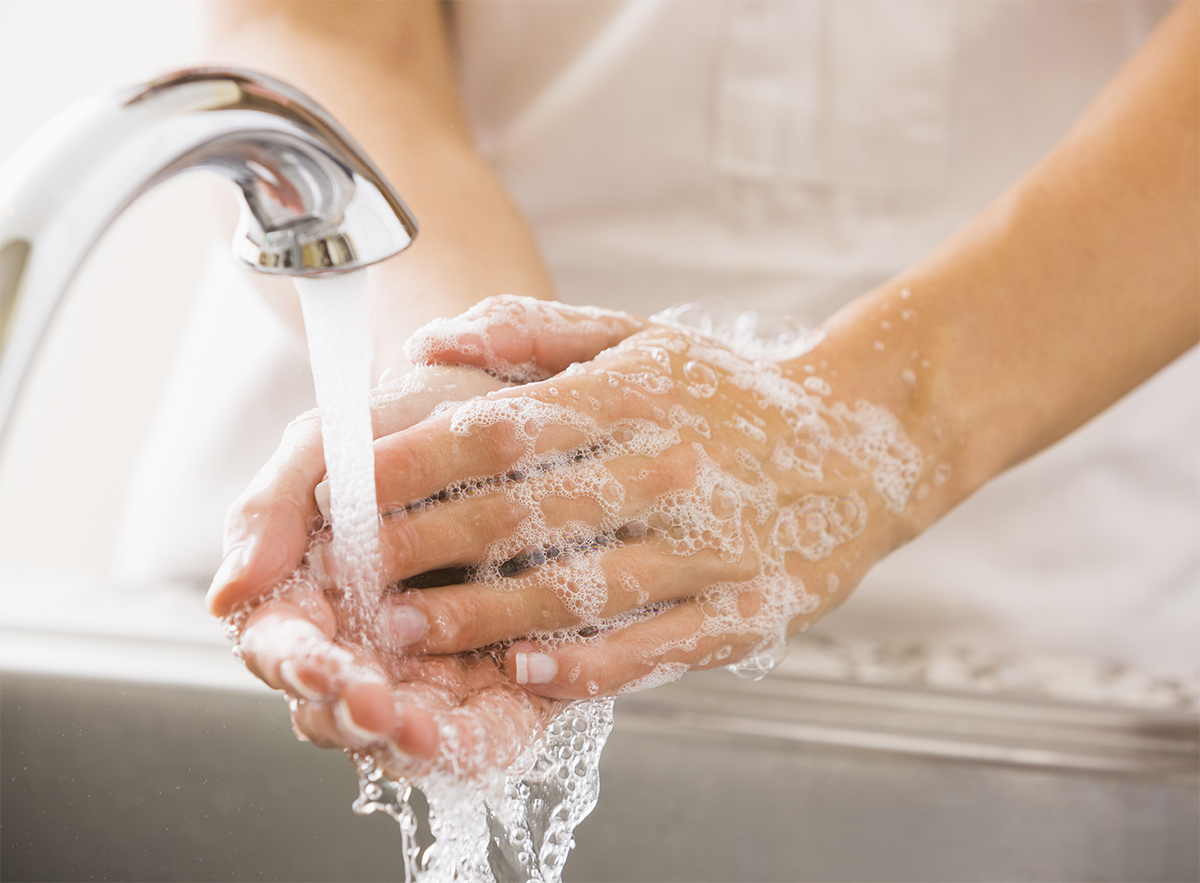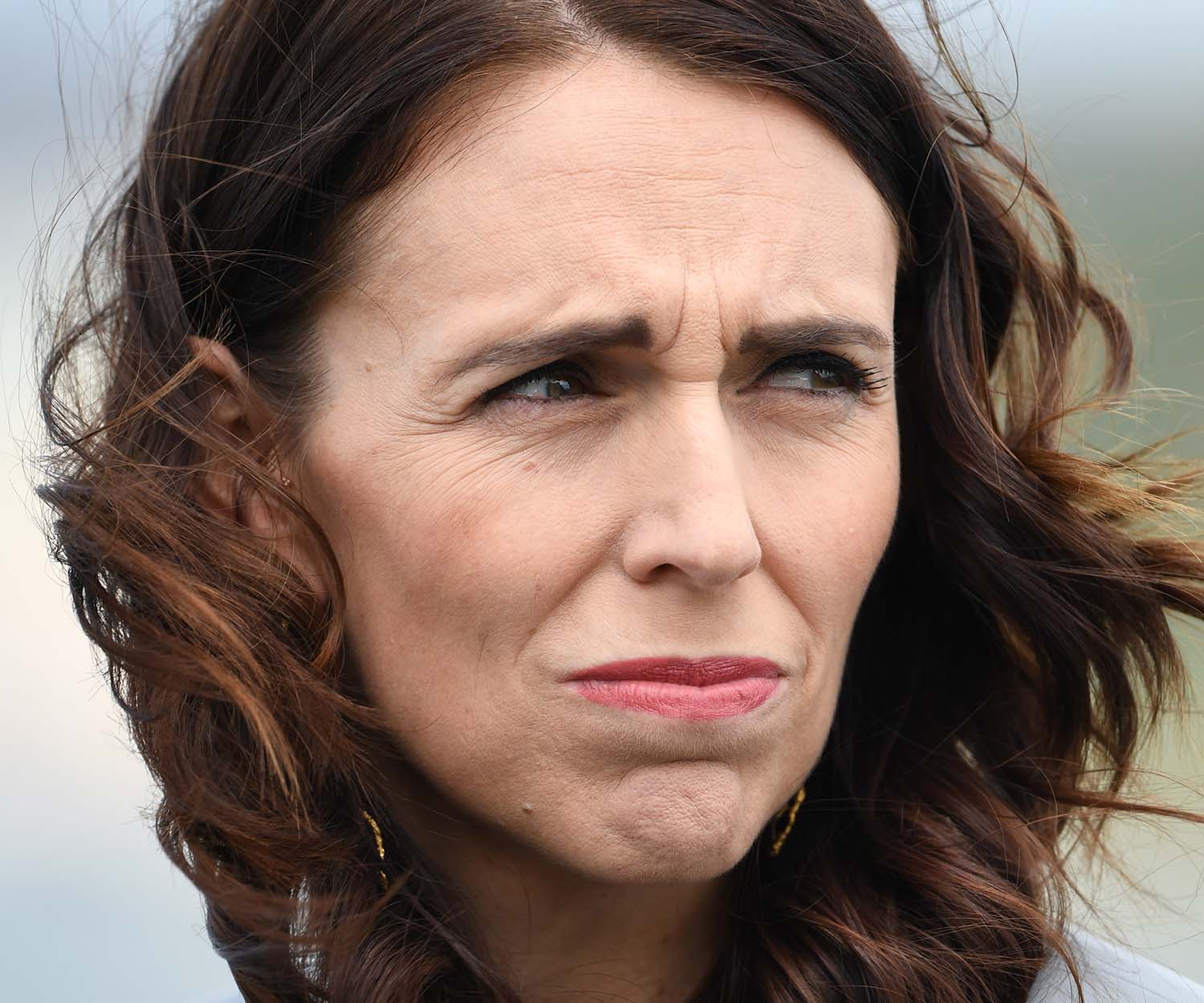Concern is mounting every day about coronavirus and how it could affect us here in New Zealand.
In response, Prime Minister Jacinda Ardern has started posting regular updates on social media with information for New Zealanders.
In the two-minute 30-second video, above, Professor Robert Booy from the University of Sydney, Head of Clinical Research at the National Centre for Immunisation Research and Surveillance (NCIRS) answers commonly asked questions about COVID-19 including: What are COVID-19 symptoms? What does COVID-19 do to people? How long does it usually last? Who is most at risk? What are the chances of recovery? Can the flu injection prevent COVID-19? Should we stockpile toilet paper?
We also outline below everything you need to know about the outbreak.
What is coronavirus?
It’s part of a diverse family of viruses that cause illnesses from colds to severe acute respiratory syndrome (SARS). This particular one originated in animals and started at a food market in Wuhan, China. Called COVID-19, it has never been encountered before.
Why is COVID-19 a problem?
It appears to be fairly easily transmitted via droplets, which spread when infected people sneeze, cough or talk. The droplets can either come into direct contact with people, or they can fall onto objects or surfaces and be picked up by people who touch those objects or surfaces. If they then touch their mouth, eyes or nose they can become infected.
Because it is viral, antibiotics don’t work. Antiviral drugs created to treat the flu may alleviate some symptoms but at the time of writing there are no existing drugs that can treat coronavirus. Scientists are working to develop a vaccine.
The coronavirus can lead to life-threatening problems, including pneumonia, severe respiratory syndrome and kidney failure.
What is a pandemic?
This week the World Health Organisation declared a global pandemic. What is a pandemic? It’s an outbreak of a highly infectious disease that spreads across a number of continents or worldwide. Pandemics are often caused by new diseases or mutations of existing viruses, such as the avian flu (H5N1).
Have we had pandemics in New Zealand before?
Yes. The worst one was the 1918 influenza pandemic. An estimated 30-40 per cent of the population contracted the flu virus and 8600 people died – which was almost half the number of Kiwi deaths during World War I. More than half of those killed were young and previously healthy too.
In 2009, the worldwide swine flu (H1N1) pandemic reached our shores, resulting in 3000 cases and 20 deaths.
What happens if COVID-19 spreads here?
New Zealand has a pandemic plan that has been in place since 2006 and was updated recently. It has six phases:
• Plan for it
• Keep it out
• Stamp it out
• Manage it
• Manage it (post peak)
• Recover from it
At the time of publication, five cases have been confirmed in New Zealand. This takes us to the “stamp it out” phase.
Depending on how widespread the virus is, schools in affected areas could be closed, travel may be restricted and public gatherings such as concerts banned.
Areas where the coronavirus is prevalent could be isolated to try to prevent its spread.
If the virus starts spreading out of control, the next step could be to declare a national emergency, during which Civil Defence would take control of the distribution of goods and services around the country.

Good hygiene such as washing your hands thoroughly with soap is one of the best things you can do at a time like this.
(Credit: Getty Images)How would this affect us personally?
It would depend on the severity of the situation, but in case of a widespread outbreak people could be told to stay home and work from there if possible. Only people with vital jobs would be able to work, and travel would be restricted as would public gatherings.
In a pandemic situation, you may be advised to cancel unnecessary appointments, such as visits to the hairdresser, and avoid public transport or ride-sharing services.
What can I do to prepare?
There is no need to panic at this stage but you may want to stock up on items such as tinned and frozen food and powdered or long-life milk. If you’re on medication, perhaps make sure you have enough to get through several weeks.
Talk to your manager about the possibility of working from home, if that is applicable.
It’s also a good idea to think about establishing support networks in case you or somebody close to you gets sick. Who would help out if you got the virus? What would happen if a family member or close friend got sick?
You may need to pay careful consideration to the wellbeing of older people or those with health issues who may be particularly vulnerable if they catch COVID-19.
In the event of a pandemic, they may need to stay in isolation at home to avoid being infected – so how would they cope? Working out a plan in advance can help if the worst-case scenario happens.
How do I reduce my chances of getting COVID-19?
Good hygiene is crucial. Washing your hands frequently and thoroughly is one of the best things you can do, especially if you’ve been in public and touched items that may have been touched by lots of other people, such as handrails, door handles, supermarket trolleys and EFTPOS keypads.
Always wash your hands before eating or handling food, after using the toilet, after coughing, sneezing or blowing your nose, and after caring for anyone who is sick.
It is also important to try not to touch your face.
The effectiveness of masks is still being debated. If you’re unwell and coughing and sneezing, then a mask may prevent you from passing the virus on to others. But if you’re healthy, most masks are unlikely to protect you from the airborne virus unless they are the sophisticated ventilator types.
The Ministry of Health is currently advising people who are unwell or who have a job that requires them to be in close contact with others who may have COVID-19 to use a mask that fits snugly and fully covers your nose and mouth.
Cover coughs and sneezes with disposable tissues or clothing, and cough into your arm rather than your hands.
If you can, avoid public areas as much as possible and keep interactions with other people to a minimum, especially if they are coughing and sneezing.
What should I do if I don’t feel well?
The symptoms of coronavirus include a cough, fever and breathlessness.
If you have symptoms or concerns ring Healthline’s dedicated coronavirus number on 0800 358 5453 for advice, and keep an eye on websites such as the Ministry of Health’s one for updated information.
If you’re feeling stressed about the situation, you can text 1737 Need to Talk to talk to a trained counselor.
If you want to see your doctor, ring to make your appointment and let them know about your symptoms or if you have been in contact with someone with coronavirus.
Do not just turn up and sit in the waiting room as you risk infecting others.
Stay home unless you are going to get medical attention.
You may need to isolate yourself from other people in your household, which means eating in your room and using a separate bathroom if possible.
Don’t share household items such as glasses, cups, utensils and towels, and make sure everything you use has been washed thoroughly in hot
water with detergent.

